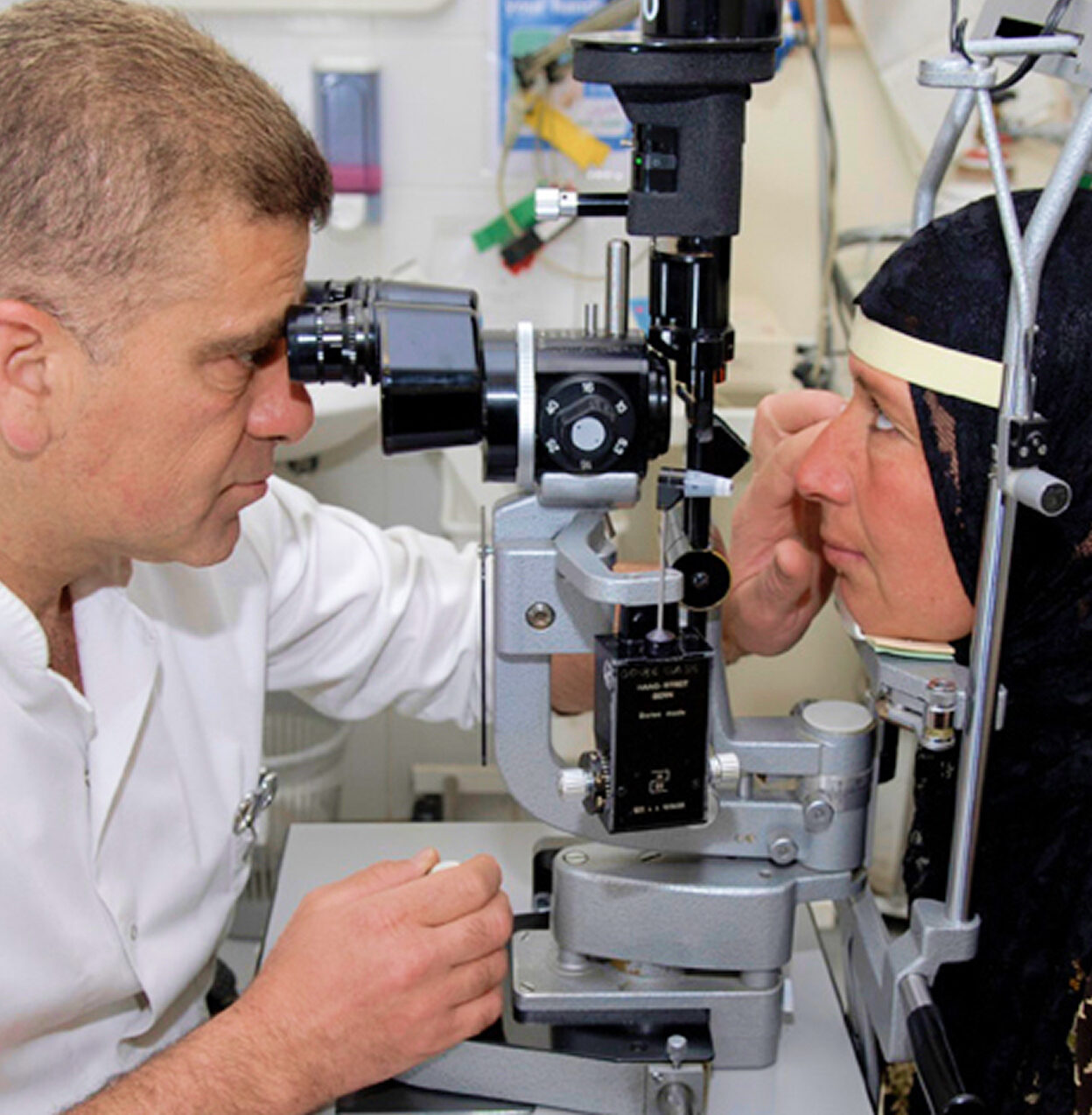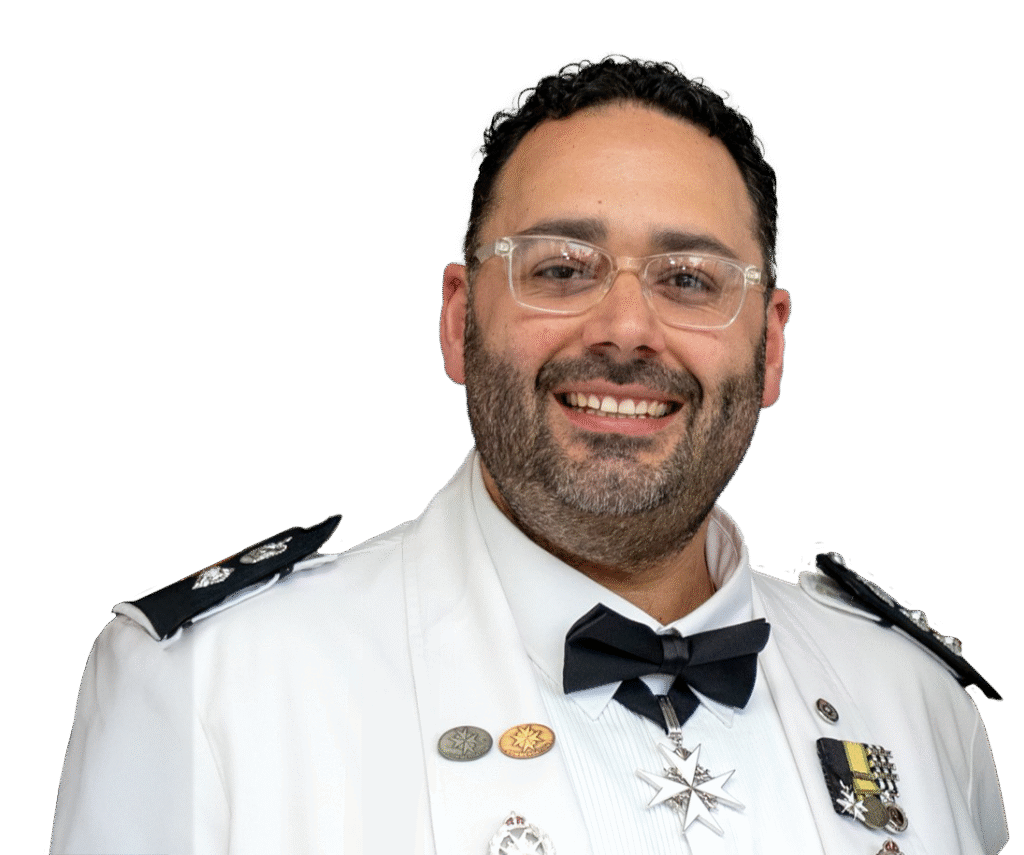What We Do
Ophthalmic Program
St John has a long and proud history in eye health and the provision of clinical ophthalmic care.
St John’s role in Eye Health and Ophthalmic Care.
We proudly support our colleagues at the St John Eye Hospital Group (founded in 1882) offering inclusive, quality medical and wrap-around eye health care to patients in Jerusalem and the Palestinian Territories.
Each year the hospital treats tens of thousands of patients regardless of race, religion, or ability to pay, from children to adults. These surgical and medical interventions, and mobile outreach can be critical in the prevention of blindness and vision impairment.

St John Ophthalmic
Association
The St John Ophthalmic Association was established to provide a forum for communication between ophthalmologists around the globe-all united by an interest in, and desire to support the work of the St John Eye Hospital in Jerusalem.
Priory
Hospitaller

The Hospitaller is a senior, volunteer role in the Order of St John responsible for overseeing and promoting the humanitarian and medical work in the eye care field. This role positions St John’s leadership in world-class ophthalmic care, generates networks for best practice and knowledge sharing, and promote education and awareness.
Our current Priory Hospitaller, is Mr Daniel Ciccosillo CStJ.
St John Eye Van
The St John Eye Van is a mobile ophthalmology and optometry clinic that delivers vital eye care to rural and remote communities across Queensland, with a key focus on reducing preventable blindness among Aboriginal and Torres Strait Islander people living with diabetes.
Equipped with state-of-the-art diagnostic and treatment tools, the van provides bulk-billed services through monthly clinics in partnership with local hospitals. By bringing care directly to underserved areas, the Eye Van plays a crucial role in closing the healthcare gap and improving quality of life.

Did you know?
Early detection matters
of diabetic eye complications are treatable—if caught early